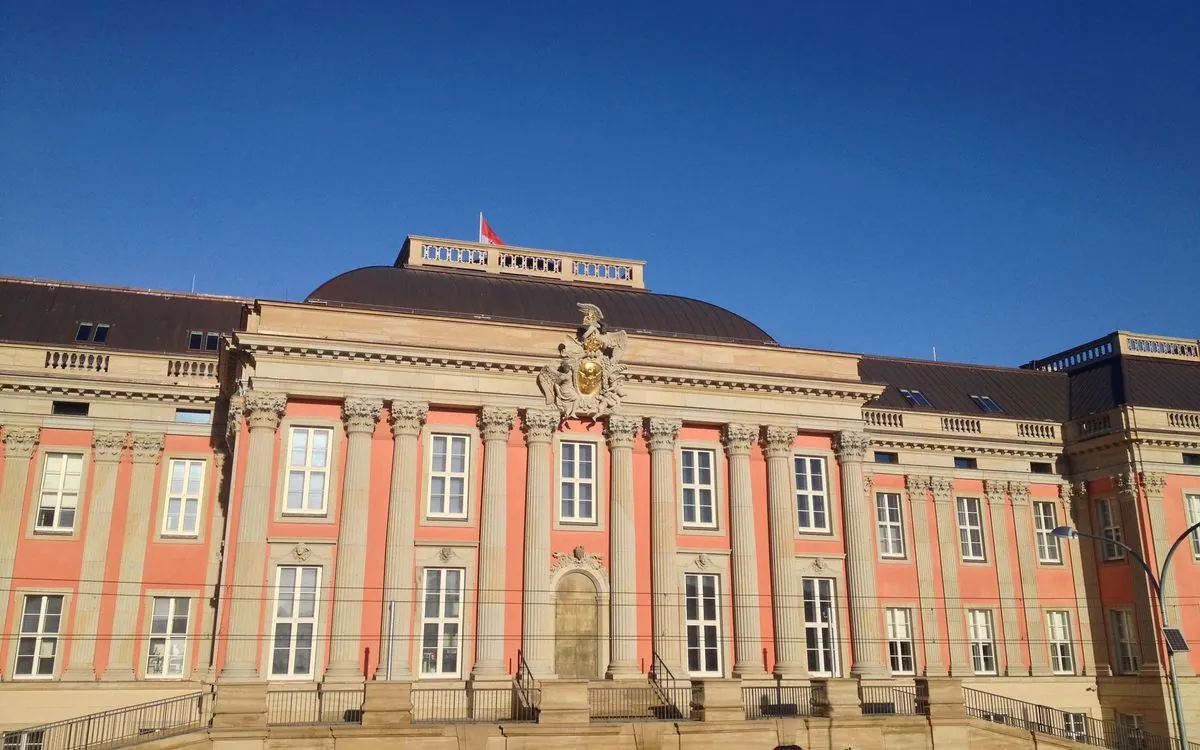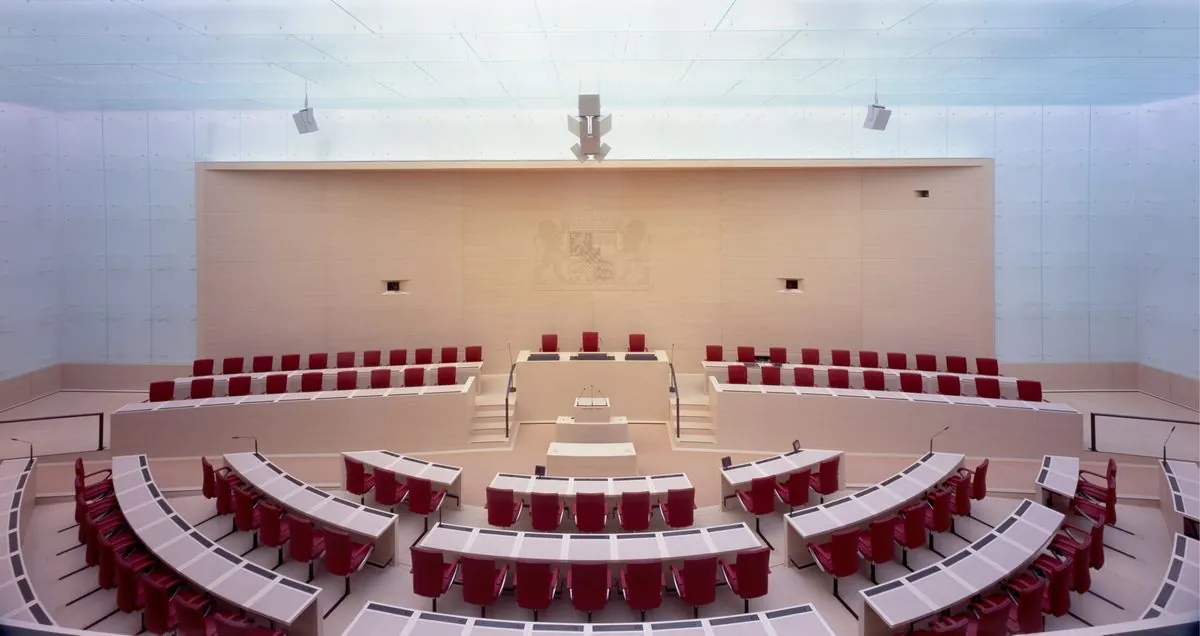Brandenburg Votes: Far-Right Challenge to Social Democrat Stronghold
Brandenburg holds crucial state election as far-right party gains momentum. Social Democrats face tough competition in their long-held stronghold, with potential implications for national politics.

On 2024-09-22, approximately 2.1 million registered voters in Brandenburg are participating in a state election that has garnered significant attention. This electoral event occurs three weeks after far-right parties made notable gains in two other eastern German states.
Brandenburg, one of Germany's 16 federal states, surrounds the capital city of Berlin and has been under continuous Social Democratic governance since German reunification 34 years ago. The state, known for its numerous lakes, forests, and the UNESCO biosphere reserve Spreewald, is now at the center of a political shift that could have far-reaching consequences.
Recent polls indicate a neck-and-neck race between the Social Democrats and the far-right Alternative for Germany (AfD) party. This close competition in a state that has been a Social Democratic stronghold for over three decades is raising concerns about the country's political trajectory.

The election's outcome holds particular significance for Chancellor Olaf Scholz, who represents a constituency in Brandenburg. A potential loss for the Social Democrats in this state could be interpreted as a negative indicator for Scholz's political future, especially with federal elections scheduled for 2025.
The rise of the AfD in eastern Germany has been attributed to growing public discontent over large-scale migration to the country over the past decade and recent extremist incidents. This trend has sparked worry both within Germany and internationally about the increasing support for far-right ideologies in the European Union's largest member state.
Brandenburg's political landscape is further complicated by its unique characteristics. The state, established in 1990 after reunification, has a rich history dating back to the medieval Margraviate of Brandenburg. It is part of the Berlin/Brandenburg Metropolitan Region and boasts a thriving film industry, with Babelsberg Studio being the world's oldest large-scale film studio.
Despite the AfD's potential electoral success, its ability to govern may be limited. Other political parties have consistently refused to form coalitions with the far-right group, potentially creating a complex post-election scenario.
As Brandenburg's 2.5 million residents await the election results, the state's future direction hangs in the balance. The outcome may not only reshape local politics but also influence the broader German political landscape in the lead-up to next year's federal elections.


































